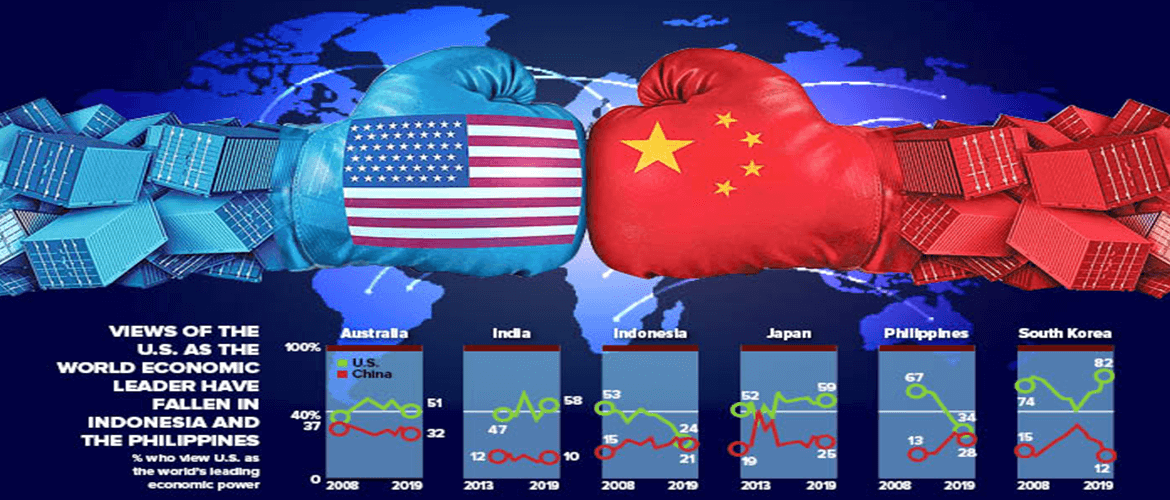China's Assertiveness Is for 'equality with U.S., Not Hegemony': Emmott
August 31, 2020 | Expert Insights
At the 82nd Synergia Virtual Forum, Bill Emmott, journalist, author, and former editor-in-chief of The Economist described how foreign policy could be fine-tuned to deal with an increasingly aggressive and expansionist China.
He touched upon the need to “repair” American foreign policy. American foreign policy in Asia lacks coherence. This was true for the Obama administration, and there has been no improvement in the current dispensation. The result has been a policy that has been erratic and inconsistent, making it difficult for potential allies to align with the U.S.
As regards the rise of Chinese assertiveness in recent times, China believes that due to the economic leverage it holds, it no longer faces a “price for its belligerence”. This new characteristic of Chinese foreign policy is a threat to the rules-based world order.
Mr. Emmott raised two pertinent issues. One, with trade as a driver of American foreign policy, whether the Biden-Harris administration, if voted to power, could downgrade this pillar of foreign policy? Second, if the relationship between countries could be less about balance and more about security interests?
Mr. Emmott held the view that it would be foolish to force China into confinement or containment. Rather, it is necessary that China, with its economic strength, works in accordance with the rules-based world order. China must become an active part of multilateral institutions which will need to be revitalised, such as the TPP and the East Asia Summit. The challenge lies in finding the right incentives to convince China to do this.
Mr. Shivshanker Menon concurred, stating that the last thing anyone should want is a China that is contained or confined. It is in no one’s interest to have a “hurt and resentful China”, perhaps eager to avenge itself. However, he voiced his doubt at the ability of policymakers to find the right incentives for China, especially in a post-COVID-19 world, where matters of international cooperation are pushed aside for self-reliance and fear of globalisation.
Mr. Emmott concluded by depicting the uncertainties that lie ahead. The world is in the midst of a pandemic that has destroyed assumptions of power and economic strength. Economic recovery will be the first priority for any American administration in 2021. Although election campaigns will be dominated by talks of foreign policy, once elected, the president of the USA will focus on economic self-reliance.
In the long term, it was important to understand the Chinese desire to imitate the U.S. They desire "an equivalent role, rights, and degree of exceptionalism". Their desire is not hegemony, but equality. Mr Emmott concluded by floating the possibility of India becoming a superpower of the same capabilities as these two nations, breaking their duopoly.



Comments